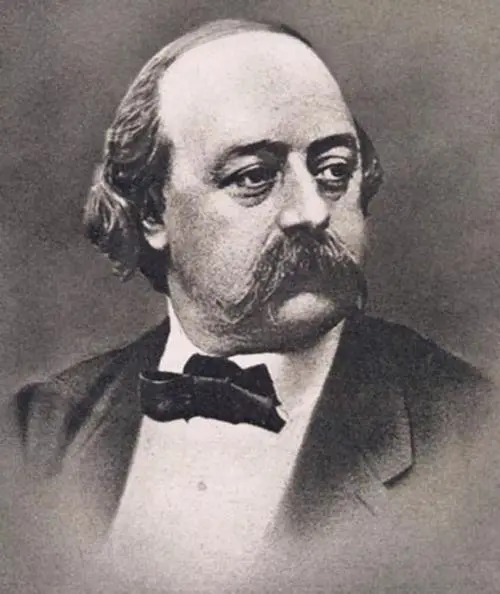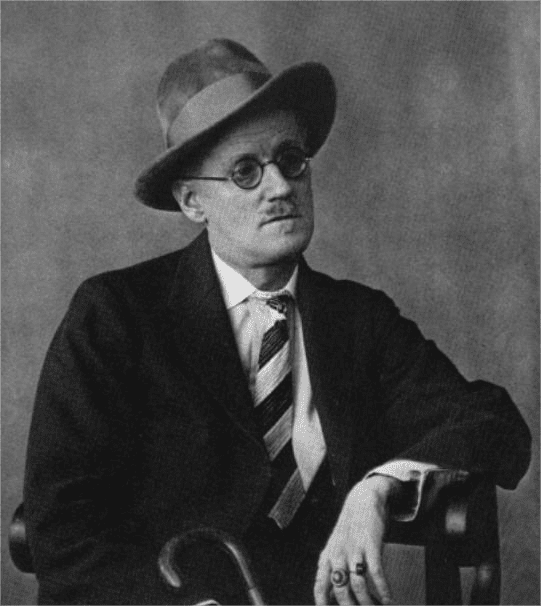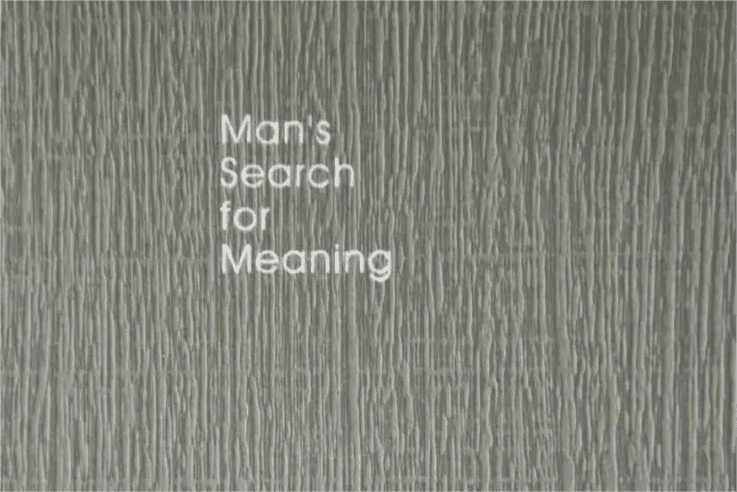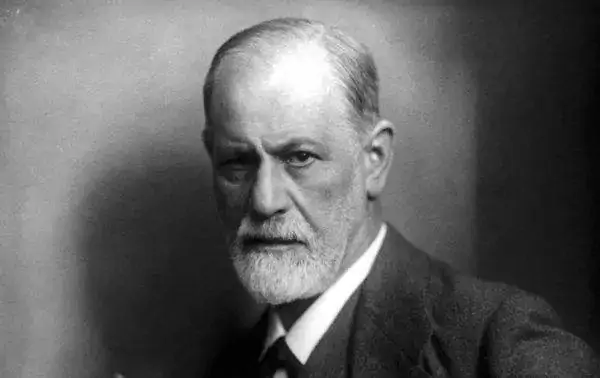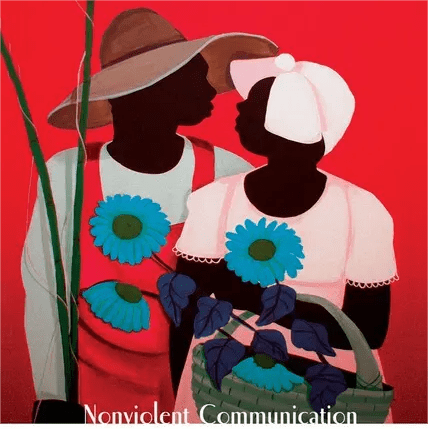The encounter with “L’éducation sentimentale” happened at the age when Frederick was in the prime of his life and went to university in Paris from the provinces. When he saw this book from the library, he turned over the introduction and saw critical realism and exposed capitalism… The text, again look at such a tome did not read further. After reading Madame Bovary and learning that Floubert was a literary second uncle of the wooden heart, it was time for Frederick to return to his hometown. After reading Li Jianwu’s translation, it feels like a long journey, but at the end of it, I feel that I have missed a lot of scenery. But the beauty is always there, and such beauty must be walked slowly and looked at.
“L’éducation sentimentale” is not a romance novel, but it is through Frederick’s love for Madame Arnoud. Although the novel has a vigorous background of The Times, describing the French social life from 1840 to 1867, to present readers with a magnificent social picture, but the hero Frederick is free from The Times, to pursue the elusive love to dominate his own fate. Frederick, who was fond of literature, painting and music, was undoubtedly emotional and romantic. He pursued the wife of the painting dealer Arnoud. Although he had contacts with the prostitute Rosinette, the noblewoman Lady Dan Buchholz and the country girl Louis, his affection for Arnoud was always sincere and profound. It was Frederick’s affection for Madame Arnoud that made me loathe the prodigal son who, for the sake of his sensuality, connived with Rosinette, for the sake of his place in society as Mrs. Buchholz’s lover, for the sake of betrayingLouis’s love for him. Born in a middle class family, Frederick was not without ambition when he first entered Paris. He wanted to be a philosopher, engage in literature and painting, and also wanted to be a politician, but he kept vowing and giving up. Although experienced a great social change, but would rather escape to their own world, that is literature, painting, music, material, women’s gentle sleep.
Flaubert did not believe in any revolution. One revolution came and went. Paris’s colorful world, different classes of different characters different faces, except for Toussartier, the book is not completely people. Frederick was certainly a loser. He is different from Jude, who fought tirelessly for his dream and failed all his life, and from Lustigne, a noble boy who turned into an unscrupulous careerist. He is kind in nature and regards his love affair with Madame Arnoud as his lifelong career pursuit. Madame Arnoud, who abides by her womanliness, is like a mirage to Frederic, which is his ideal love and spiritual love. The most beautiful and passionate love must be the love of the soul that transcends the mundane. Madame Arnoud’s absence was a twist in Frederick’s fortunes. Madame Arnoud finally agreed to go to Frederic’s appointment, at the time of the outbreak of the French Revolution, Frederic’s mind only with Madame Arnoud’s appointment, the public parade, the full speed of the revolution are blurred background. Reading this, knowing that the author will not arrange for them to meet, but with Frederick anxious, waiting, expecting, disappointed, suffering, crazy, despair, almost sympathize with the hero’s infatuations. Lady Arnou, however, was unable to keep the appointment due to her son’s sudden onset of pseudomembranous laryngitis, fearing that this was God’s punishment for her behavior, and from then on, she alienated Frederick even more. Disillusioned and free from scruffiness, Frederick fell into the colorful and materialistic world of Paris, and into the arms of Rosinette.
The love with the prostitute Rossanet was purely for the satisfaction of sensuality. Although she had a son, she shed tears for Madame Arnoud when her son died. “His intercourse with these two women was like two kinds of music in his life: one wild, passionate, and playful, the other solemn, almost religious; They vibrate at the same time, always increasing, gradually blending; Because, if Madame Arnoud had merely touched him with her finger, at once another aspect would have met his desire, for his chances in that respect were more modest; With Rosinette, the moment his mind moves, he remembers his great love.” Soul and body, one ends here, the other begins here. Between these two forces Frederick rejoiced, wailed, rolled, wounded, disillusioned, and crusted to life. This kind of struggle between spirit and flesh is different from Jude’s life and death struggle between soul lover Sue and ex-wife Arabena. Jude’s constant pursuit of entering Christ Temple University is bleak and tragic, which makes him pitiful and sympathetic. Only in Frederick’s mind is Madame Arnoud, more susceptible to the outside world, but also full of anxiety and hesitation. Although both men’s failure is related to character, also in the soul and flesh of the bitter struggle. When Frederick was rejected by Madame Arnoud, he decided not to miss her any more, thinking that he could throw himself into the strange world of Paris, but when he heard someone insult Madame Arnoud with words behind his back, he could fight a duel for it. In order to gain fame and wealth, Frederick also want to squeeze into the upper class, become a banker when Mrs. Buchholz’s lover, after the death of Mrs. Buchholz and Mrs. Buchholz meaning to marry. However, in the bankrupt Arnoud couple’s furniture auction, when the act of Mrs. Blur deeply hurt Frederick’s heart, or because of the love of Mrs. Arnoud, not to destroy the sacred feelings in the heart, so broke up with the lady. Despondent, he returns home to find a final haven to marry Louise, a country girl who has always loved him. In the church square, Louise and her old classmate Delaurier were married, and Frederick had to return to Paris. As the years went by, Frederick’s inheritance was squandered and fell to pieces. He failed to make love his career, and he was a complete failure.
Many years later, in the twilight of her life, Mrs. Arnoud made a surprise visit to Frederick. Frederick was surprised, thrilled, and excited. They told each other that years of dreams were coming true, but Flaubert wrote the harshest reality. When Frederic saw Madame Arnoud’s white hair showing through her hat, he stopped with a blow to the chest, not wanting to demean the woman of his dreams. ‘I think of Madame Arnoud as you are every day, with her two children, gentle, serious, shining beautiful, and so kind! This image obliterates the image of everything else.” It was this illusion that made Frederick love all his life, unable to feel true feelings for other women, and finally gave up the courage to face the cruel reality. They said no. “When we break up, for a while, the person we love is no longer with us.” They have nothing but the love of their souls. Unlike the romantic ending of Marquez’s “Love in Cholera,” Arisa and Fermina complete the union of spirit and flesh on the yellow-flagged ship that belongs only to them. Flaubert obeyed the reality and did not give the romantic Frederick a romantic ending, allowing him to complete his emotional education step by step in the process of grief and joy.
The ending is bland but meaningful. After the middle age Frederick again returned to his hometown and old friend Dalourey look back at their own life. A dream of love, a dream of power, all fail. Looking back at the youth, forget each other later contradictions, unhappy, sigh, that is their best time. Disillusioned, reality down and out, only the memories of good love, in fact, is also for their own green, had a dream. He had always loved himself; Madame Arnoud was the object of his fancy, the repository of his ideals. Sometimes, we love a person, but like the feeling of love, enjoy the process of love. It could be a person or an object or something abstract, like art. Mu Xin wrote in the Duke of Windsor Cemetery: “He and she have no career, only love, just as you mock, love for the cause of the people, then, what about the cause of love?” Love as a career like the Duke of Windsor, also like Fritrick, business for love, just like the heart of wood. Life does not violate the young oath, the art as love. Don’t worry about the other person’s change of heart, only their own whole body love down, even if not blossom, at least on the epitaph can also write “lived, loved.”
“Flaubert was a saint of literature, the most devout apostle of religion based on literature. He is the most methodical and rhetorical master in world literature.” Flaubert was a man who lived purely in the spiritual world and took literature as his lifelong belief. He was also a man who took his career as his love. Floubert advocated presenting art and retiring the artist, so Mu Xin regarded him as the second uncle of literature. “L’éducation sentimentale” uses the omniscient Angle, the author is everywhere, but can not see him. If you don’t know French, you can still feel the charm of Flaubert’s language in Li Jianwu’s translation. Like the wrinkles on the skirt of the painter’s pen, meticulous painting like depicting the real face of society, the subtle changes of the psychology of the characters, the colorful environment.
Paris was both a joy and a pain for Frattrick. From returning to his hometown by boat to working hard until he returned to his hometown 12 years later, he returned to his hometown several times with sadness during more than 10 years of sorrow and joy. Until he finished his emotional education, that was also his whole life. A youth, an ordinary person’s emotional experience in the vigorous background of The Times seems a little pale, across The Times to see, but has a different color.


